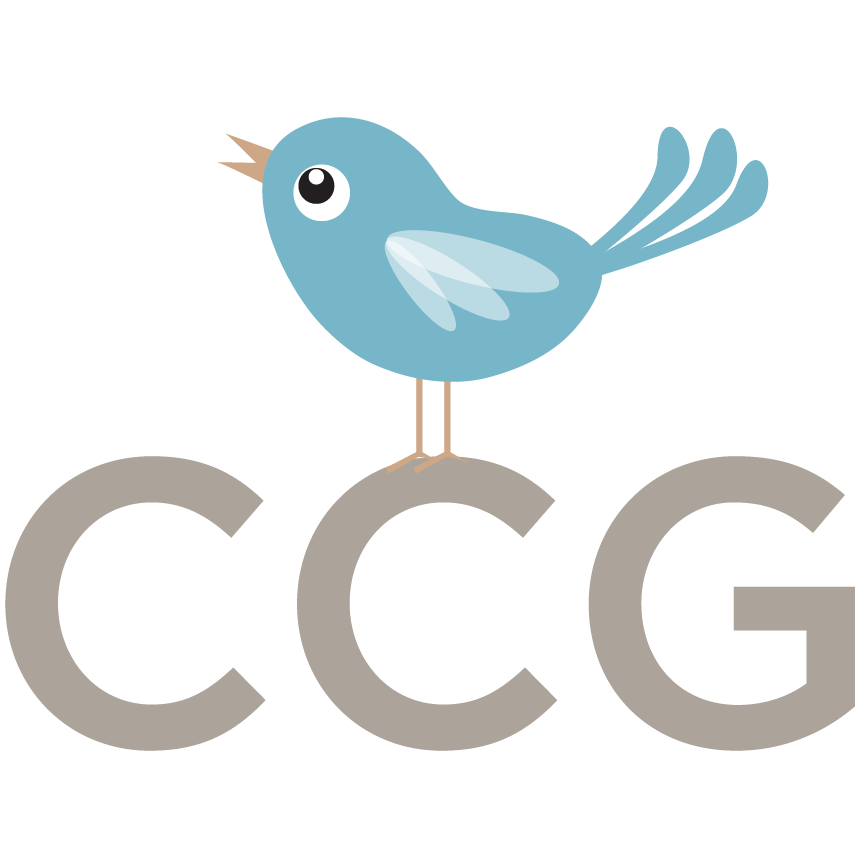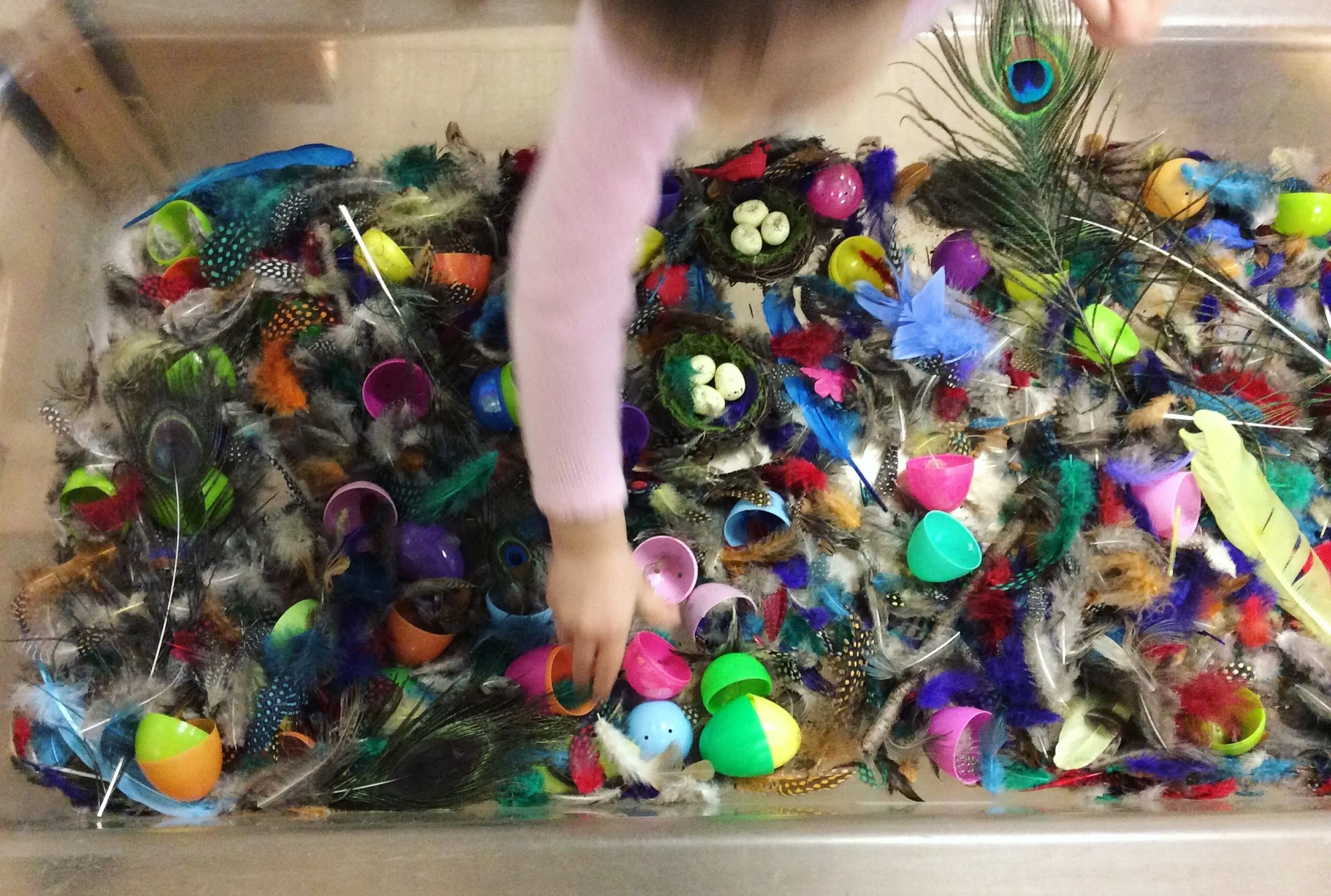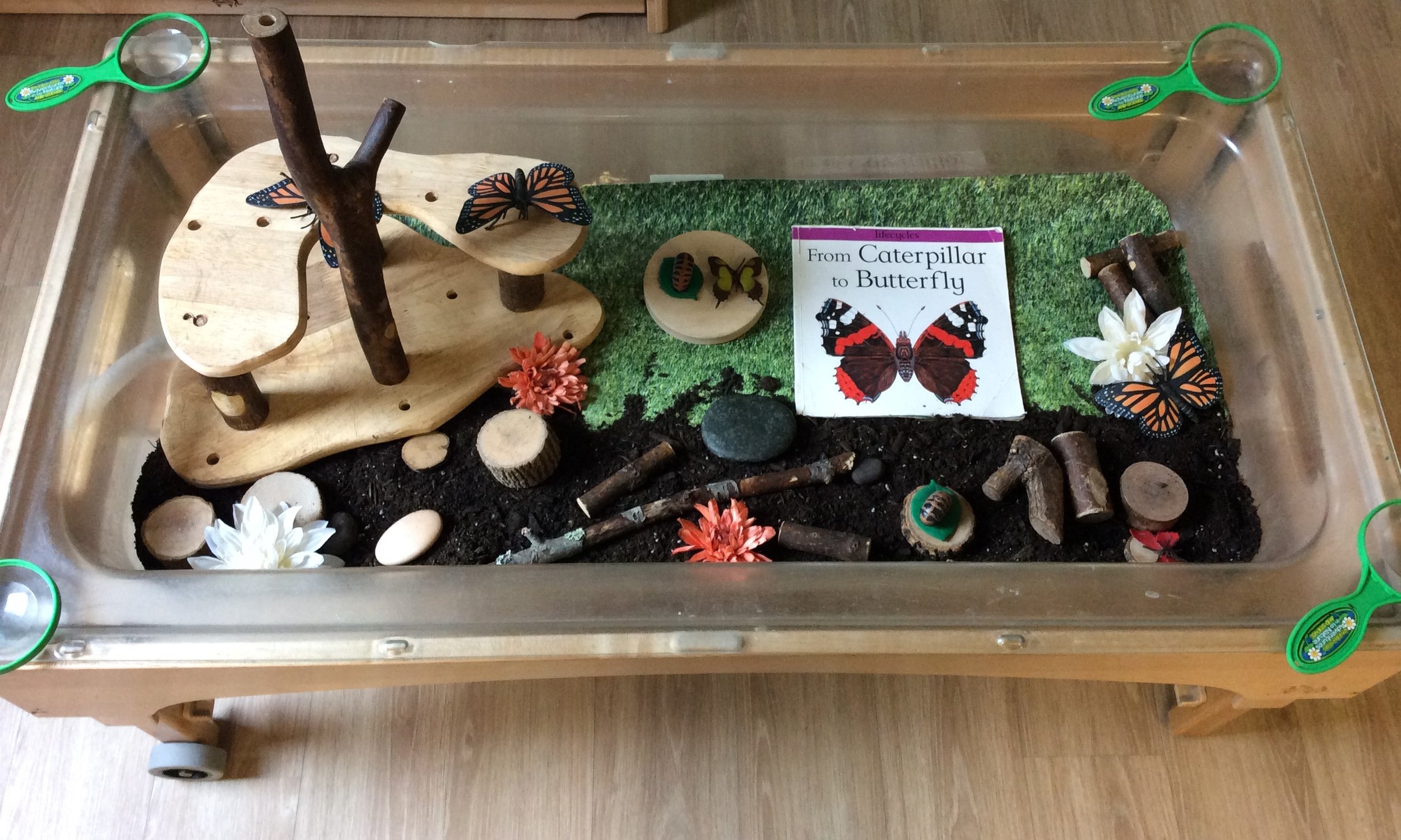Curriculum
We respect the child’s natural curiosity: their interests, ideas and theories. Curriculum is emergent meaning that the child’s interests are considered as foundational building blocks for the learning process itself. Teachers act as researchers and guides allowing children time and space to problem solve and collect information. Teachers co-construct curriculum with the children in order to extend learning that builds upon existing knowledge. The art of observation, listening, and asking open-ended questions allows us to scaffold children’s knowledge to the next level. Teachers asses the child’s readiness for progression and introduce concepts that affirm and support their love of learning and discovery.
Classrooms are often immersed in long term investigations about topics that the children have shown interest in. This project work allows children to delve deeper into areas of interest and to gain knowledge about the world around them in addition to practicing skills throughout all developmental domains. Fine motor, gross motor, social, emotional, physical, cognitive, language, communication, problem solving, early research skills, math, science, visual art, music, engineering, baking, and early literacy are among the areas explored through play-based learning and project work.
When a classroom is involved in a long-term investigation, this does not mean that all other learning stops. These investigations may take place over the course of a month or more where children are delving deeper into the topic that currently holds the most interest for them, but also being exposed to other activities throughout the day. Our goal is to help build a foundation that supports a love for learning now and into the future.
For a better idea of how our curriculum works, click the links below to see examples of past long-term investigations from our classrooms.


